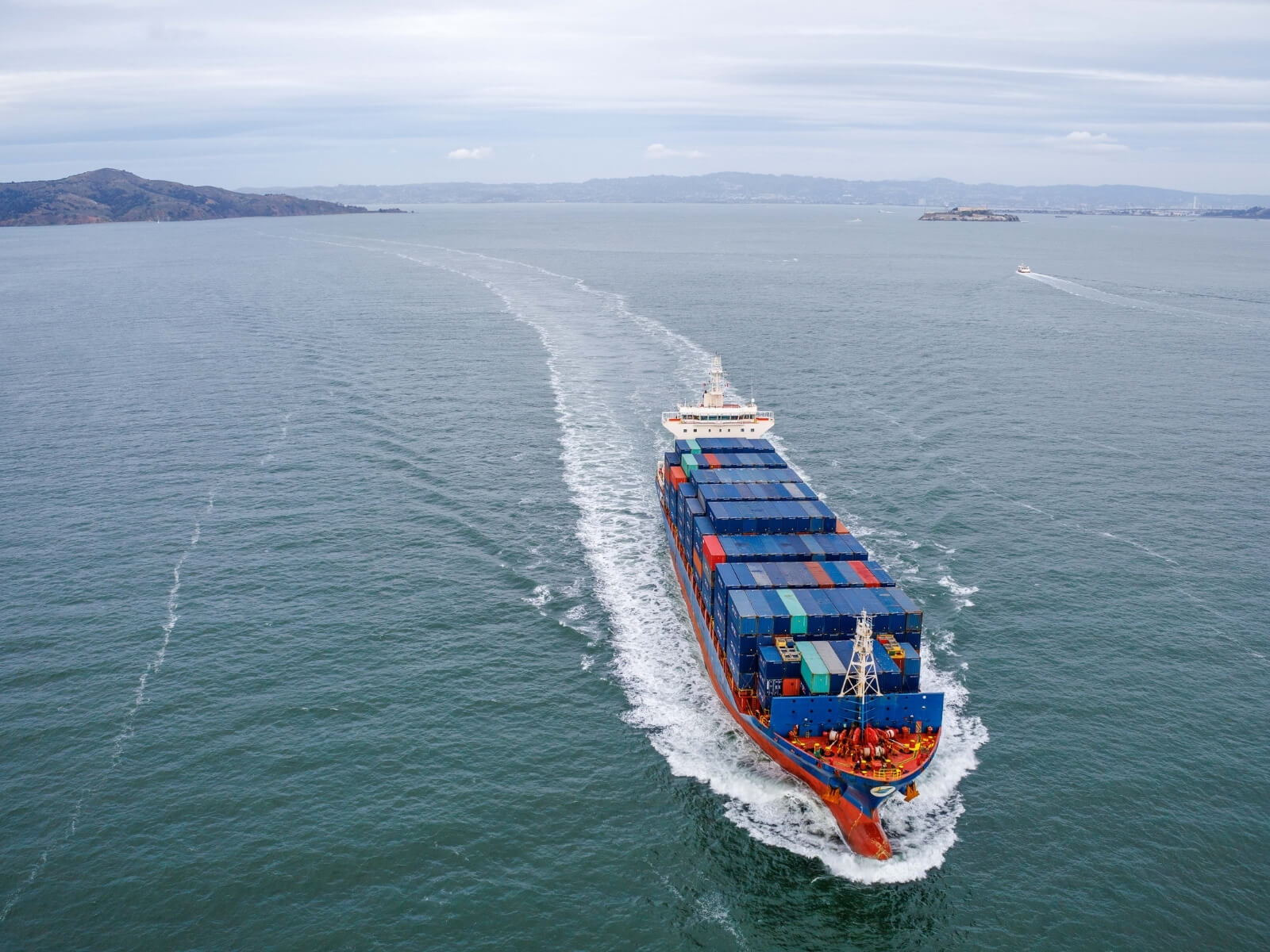Maritime transportation plays a pivotal role in facilitating global trade, serving as the backbone of import and export activities. In this blog post, we will delve into how maritime transportation influences imports and exports, shaping the dynamics of international trade.
1. Global Connectivity and Trade Expansion
Maritime transportation provides crucial links between nations, enabling goods to be transported across continents and oceans. The vast network of shipping routes connects producers with consumers worldwide, fostering trade expansion and economic growth. Without maritime transportation, the efficient exchange of goods on a global scale would be severely hindered.
2. Cost-Effectiveness and Efficiency
One of the key advantages of maritime transportation is its cost-effectiveness, especially for bulk cargo and long-distance shipments. Shipping goods via sea routes is often more economical compared to other modes of transportation such as air freight. This cost efficiency translates into lower prices for consumers and greater competitiveness for exporters, stimulating trade volumes.
3. Dependence on Maritime Trade Lanes
Many countries rely heavily on maritime trade lanes for their import and export activities. Strategic positioning along major shipping routes can significantly impact a nation’s trade dynamics and economic prosperity. Ports and harbors serve as vital gateways for goods entering and exiting a country, making them crucial hubs for trade and commerce.
4. Challenges and Risks
Despite its importance, maritime transportation also faces various challenges and risks that can affect global trade. Factors such as geopolitical tensions, piracy, natural disasters, and regulatory changes can disrupt shipping routes and lead to delays or disruptions in supply chains. Additionally, environmental concerns related to emissions and pollution present challenges for sustainable maritime trade practices.
5. Technological Innovations and Future Trends
To address these challenges and enhance efficiency, the maritime transportation industry is embracing technological innovations. Automation, digitalization, and the adoption of green technologies are transforming the sector, making shipping operations more streamlined, sustainable, and resilient.
In conclusion, maritime transportation plays a vital role in shaping global trade dynamics by facilitating the efficient movement of goods across borders. Its cost-effectiveness, global connectivity, and role in supporting economic development make it indispensable for international commerce. However, navigating challenges such as geopolitical risks and environmental sustainability will be crucial for ensuring the continued growth and resilience of maritime trade in the future.



 Instagram
Instagram LinkedIn
LinkedIn